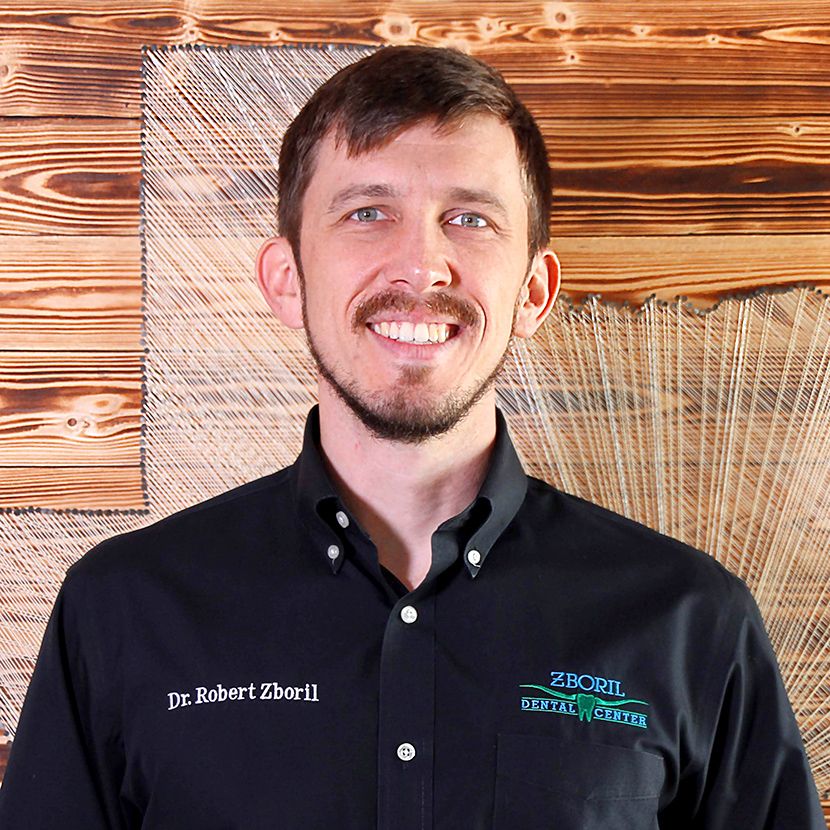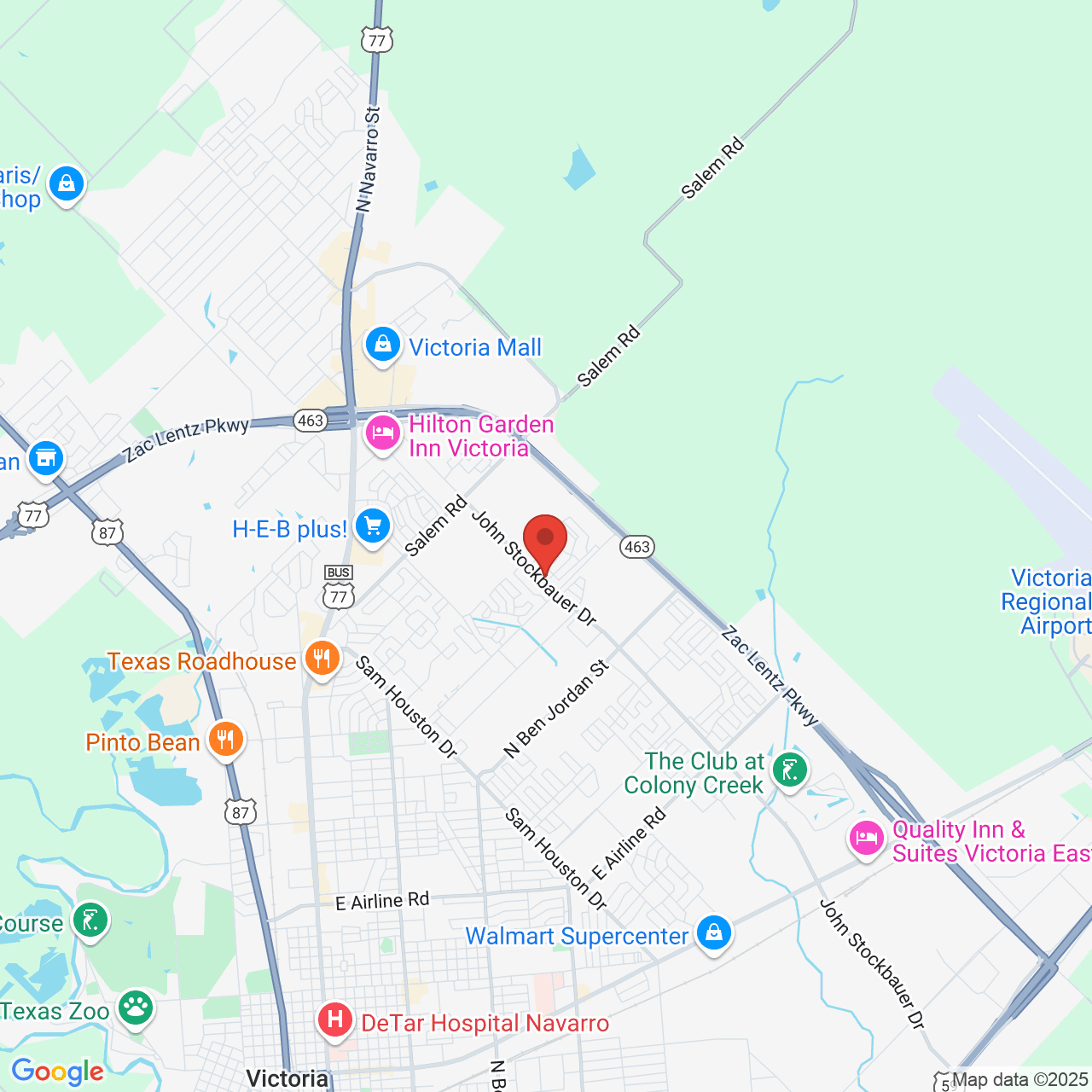Pre-Prosthetic Surgery
Ridge Augmentation

Candidates for Pre-Prosthetic Surgery
Your dentist or prosthodontist will likely determine your candidacy for pre-prosthetic surgery during your denture consultation. The need for such procedures is based on the shape and contours of your mouth, especially your alveolar ridge and gums. If you have abnormal bone development, a denture may fit loosely. In addition, food and bacteria can more easily accumulate beneath ill-fitting dentures, increasing your risk for gum disease and chronic bad breath. You may also need pre-prosthetic surgery if you have suffered jawbone recession following tooth loss or have excess gum tissue that interferes with your restoration.
You must be healthy enough to undergo surgery in order to qualify. If you have a systemic health condition that compromises your body’s ability to heal, you may not be eligible for treatment.
Preparing for Surgery
When designing your treatment plan, your doctor will take into account:
- The type of surgery required
- The techniques used
- Grafting materials, if applicable
- Appropriate sedation
Depending upon the extent of your surgery, your doctor may collaborate with a surgeon or prosthodontist.
What You Can Do
In order to ensure a successful treatment, there are several preparatory steps you can take. Smoking can interfere with healing, so you should stop at least three weeks before surgery. Make sure to refrain from smoking for several weeks after surgery as well. You may also need to stop taking certain medications, such as blood thinners. Be prepared to discuss any medications you are taking with your doctor during the consultation.
By improving the fit of dentures, pre-prosthetic surgery can safeguard your oral health.
Types of Pre-Prosthetic Surgery
To determine the right form of surgery for you, your doctor will assess the root cause of irregularities. Treatment may include bone reshaping, ridge augmentation, or removing excess tissue.
Bone Smoothing and Reshaping (Alveoloplasty)
An uneven alveolar ridge will result in a loose denture. You could also suffer from sore spots, due to uneven pressure from your prosthetic. Ragged bone may be congenital. More often, it is the result of tooth removal, which can leave uneven bone around the extraction site. Your surgeon can carefully reshape the area, trimming away excess tissue. Alveoloplasty can be performed in conjunction with tooth extraction.
Removing Excess Bone
Abnormal bone development in your mouth is not unusual, and it is not typically a cause for concern. Small growths do not always need to be removed, but moderate to large irregularities can significantly affect the fit of your denture. Certain types of growths almost always need to be removed. These include exostoses, found on the outer edge of the alveolar ridge and touching the lips and cheeks, and tori, which are found on the lower alveolar ridge touching the tongue or on the roof of the mouth. Growths on your hard palate may need to be removed if they interfere with an upper denture or cause speech impediments.
Ridge Augmentation
Insufficient bone tissue can cause just as many problems as excess tissue. After you lose teeth, your alveolar ridge can start to shrink. This can impact the fit of your denture and lead to more widespread tooth loss, as the bone continues to recede and pull away from the tooth roots. During ridge augmentation, your oral surgeon will place a bone graft to fill the shrunken areas of your alveolar ridge. Your doctor may use your own bone, animal bone, donor bone, or a synthetic material.
Removing Excess Gum Tissue (Excision)
Excess or uneven soft tissue can result in an ill-fitting denture. Fortunately, gum surgery is typically faster and less invasive than treatments that target the bone. In many cases, your doctor can excise tissue with a diode laser. As this device will seal your blood vessels simultaneously, you should experience minimal bleeding and swelling, as well as a quick recovery.
Vestibuloplasty
Less commonly, your doctor will recommend vestibuloplasty to build up an insufficient alveolar ridge. During the procedure, your doctor can lower the muscles attached to labial, buccal, and lingual parts of the jaws.
Extractions
Sometimes, your teeth may keep a denture from fitting correctly, particularly if they are severely misaligned. Impacted teeth, which are not able to erupt fully, can also interfere with the fit of your restoration. As a result, your dentist may need to remove teeth before providing your denture. Some extractions are simple, and others teeth require surgical extraction. To remove an impacted tooth, your doctor will also need to clear away the overlying bone or gum tissue, which requires more complex surgical techniques.
What to Expect during Recovery
Your recovery from pre-prosthetic surgery will largely depend on the type and extent of your procedure. It is common to experience some swelling and inflammation after most treatments. Your doctor may prescribe anti-inflammatories, and you can also take over-the-counter medications to minimize discomfort.
If your doctor had to create incisions, you should be sure to use gentle brushing and flossing techniques near the surgical site. Depending on the type of surgery, you may be able to go back to work the next day, but you should be cautious. Get plenty of rest, listen to your body, and do not be afraid to take additional time off, if needed.
Diet
Your doctor may also suggest a special diet during your recovery. For several days, you may need to eat soft foods, gradually expanding your diet as healing progresses. Spices can irritate your gums, as can foods with small pieces, like popcorn, nuts, and seeds. You may need to avoid these foods for several weeks.
Timeline
Your exact recovery time will vary. If you undergo gum excision, healing will usually be complete in a week or so. On the other hand, if your doctor performs ridge augmentation, healing may take as long as six to nine months. Fortunately, your doctor can usually provide a temporary restoration in the interim. You will receive your final denture when you have healed completely.
Risks and Potential Complications
While advanced techniques and technology have reduced the likelihood of complications, issues can arise. You should be on the lookout for:
- Infection
- Excessive bleeding
- Bone necrosis
- Unwanted tissue growth
- Bone reabsorption (in the case of ridge augmentation)
- Allergic reaction
- Rejection of a bone graft
- Scarring
- Nerve damage
Choosing a qualified surgeon is the most effective way to reduce your risks.
The Benefits of Pre-Prosthetic Surgery
Pre-prosthetic surgery offers several important benefits:
- These procedures can dramatically improve the fit and function of your denture.
- A secure denture can also improve your systemic wellness. When your prosthetic fits correctly, you will be able to eat a more complete diet filled with all the nutrients that your body needs.
- Pre-prosthetic surgery can even enhance your appearance and help you look much younger. Your snugly fitting denture will rest right along your gums, making it almost indistinguishable from natural teeth. Plus, by smoothing your gum line and alveolar ridge, your doctor can improve the contours and proportions of your smile.
Speak to your dentist to learn more about pre-prosthetic surgery and to find out which options are available to you.


